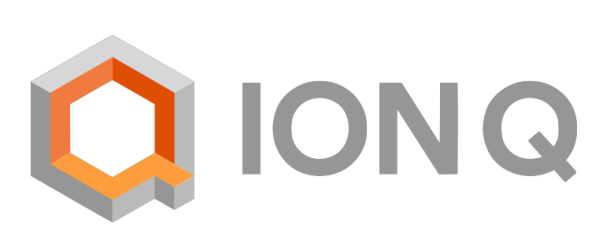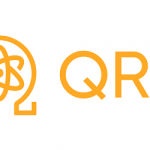Ion Q’s Aria quantum computer achieves 20 algorithmic qubits

(HPCWire) IonQ (NYSE: IONQ) has announced that IonQ Aria, the Company’s latest quantum computer, has achieved a record 20 algorithmic qubits and has furthered its lead as the most powerful quantum computer in the industry based on standard application-oriented industry benchmarks. IonQ Aria, currently available for customers in private beta, has the potential to improve performance even further over the coming months.
In 2020, IonQ proposed algorithmic qubits (#AQ) as an application-oriented metric to assist the industry in evaluating quantum computers’ utility in real-world settings. Today, IonQ published a detailed blog post to further define and add rigor to the #AQ metric, as well as to explain the benchmarking results from IonQ Aria relative to its industry peers. Using a series of algorithmic benchmarks first pioneered by the Quantum Economic Development Consortium (QED-C) to evaluate the number of algorithmically-relevant quantum bits (qubits) in a system, #AQ focuses on the practical application of quantum computers, as compared to other metrics that are less relevant to customers and might suggest capabilities that do not materialize in practice.
The benchmarking results show that IonQ’s trapped ion qubits coupled with IonQ’s Quantum OS, are more accurate than those used in competitors’ quantum computers. As seen in the chart above, IonQ Aria is able to successfully execute quantum circuits containing more than 550 gates, as compared to the superconducting systems that can only execute circuits containing dozens. This enables IonQ to greatly exceed peers in practical uses of quantum algorithms.
“Having an #AQ of 20 means one can execute a reference quantum circuit over 20 qubits that contain over 400 entangling gate operations and expect the results to be correct with meaningful confidence,” said Jungsang Kim, co-founder and Chief Technology Officer. “Using IonQ Aria, we have executed a half dozen different quantum algorithms that were identified by QED-C to be of practical interest to the quantum industry. We are extremely excited to share the news about the level of quantum computation that can be successfully executed on IonQ Aria, which far exceeds anything publicly available in the market today.”
“We’ve always said that IonQ is going to be as much a software company as a hardware company in the future. We’ve put this into practice by optimally reconfiguring our hardware for a spectrum of algorithms and running the same algorithm in different ways to mitigate errors, all through automated software.” said co-founder and Chief Scientist Christopher Monroe.



















